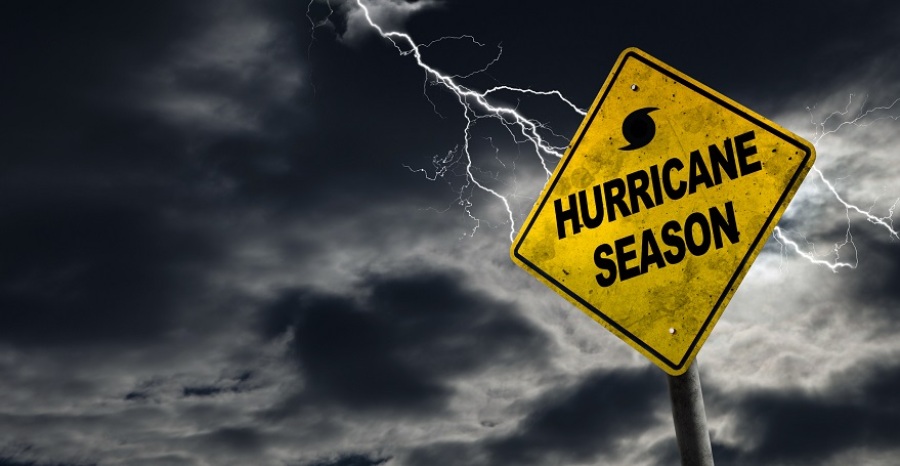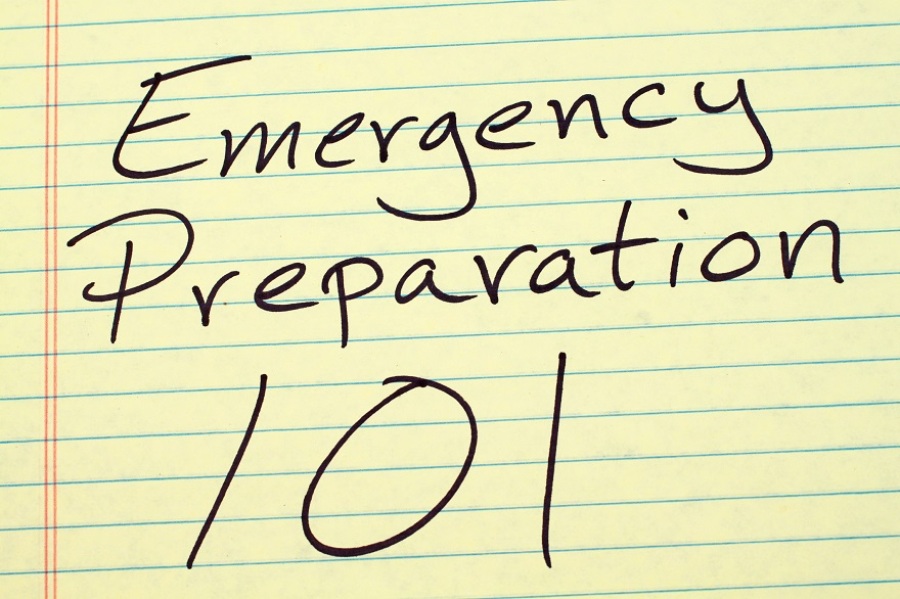🕒 Estimated Reading Time: ~3 minutes

EDITOR'S NOTE: Doug Groves, an insurance professional with over 30 years of experience in the insurance industry, is also an area developer for multiple franchises. He brings his expertise of the franchise industry to program insurance and certificate management services through Program Insurance Group, a company he founded that offers insurance products and services tailored to the franchise community.
In this guest post, Doug gives franchisees industry-specific advice on how they can be prepared for what seems to be ever-increasing in intensity hurricane seasons.
<div class="_form_1"></div><script src="https://franchisedirect52345.activehosted.com/f/embed.php?id=1" type="text/javascript" charset="utf-8"></script>
Planning ahead will help you and your business be at the ready should a dangerous storm head your way.
On average, 17.7 hurricanes make landfall in the United States each year according to the National Hurricane Center (NHC). However, for 2021, the National Oceanic and Atmospheric Administration (NOAA) adopted new averages for the Atlantic Hurricane season, rising from 12 named storms and six hurricanes to 14 named storms and seven hurricanes.
Taking these steps now could pay off in the future of your business:
Prior to the storm:
- Review your hurricane plan before a storm is active.
- Know your emergency evacuation routes and share them with your team members.
- Keep travel clothing, water, and food packed and stored in an easy-to-reach location. Pack enough water and proteins to be set for a minimum of three days. Don’t forget to keep adequate amounts of batteries and gasoline for vehicles as well.
- While planning ahead of storms, review insurance policies to make sure you have flood insurance and that your coverage is adequate.
- Have photos of your property to review at a later date if necessary. These can be stored on a cloud-based online platform such as Google Drive, OneDrive, or iCloud, for easy access, particularly if needing to do so remotely.
- If possible, protect property from wind and flying debris prior to evacuation. Pay special attention to protecting windows and doors.
- Invest in power sources such as supplemental chargers for your devices and maintain them.
- Stay up to date on National Weather Service bulletins via weather.gov or through local media outlets. You might want to consider investing in a NOAA Weather Radio receiver.

Staying in an area after a hurricane evacuation advisory has been issued should be avoided. Property and belongings can be replaced, but the health and wellbeing of individuals should be protected at all costs.
It is important to predetermine how and when you will temporarily close your business and allow personnel to leave the area in plenty of time.
There's typically ample warning prior to a hurricane event -- prioritize getting everyone away from the storm’s path to safety. Once the area is deemed safe for return, use these tips to determine your next course of action.
After the storm has passed:
- While staying safe, take measures to protect your property from further damage, even looting.
- Notify your insurance agent of the status of your business and property and any known damages. Continue an open line of communication, when possible, with your insurance provider.
- Be careful around downed power lines and debris where there's often broken glass, other sharp objects, and other hazards.
- It is not uncommon for the aftermath of a hurricane to be as bad or worse than the approaching and active storm, so be mindful of potential flooding and tornadoes after the storm moves out of your area.
Last year the Eastern Pacific and Atlantic hurricane seasons combined saw 18 hurricanes, 29 tropical storms, and five tropical depressions (NHC). These events had an impact on the businesses, property, and lives of many Americans.














